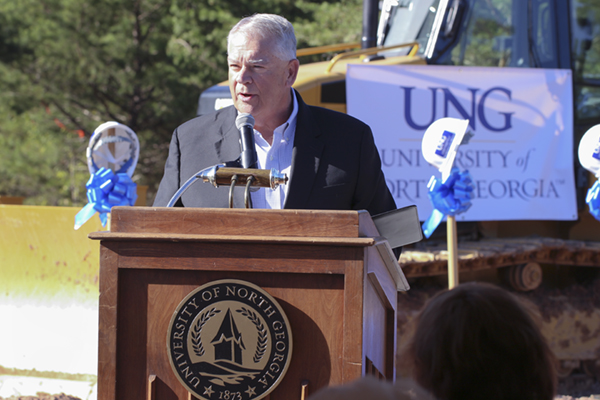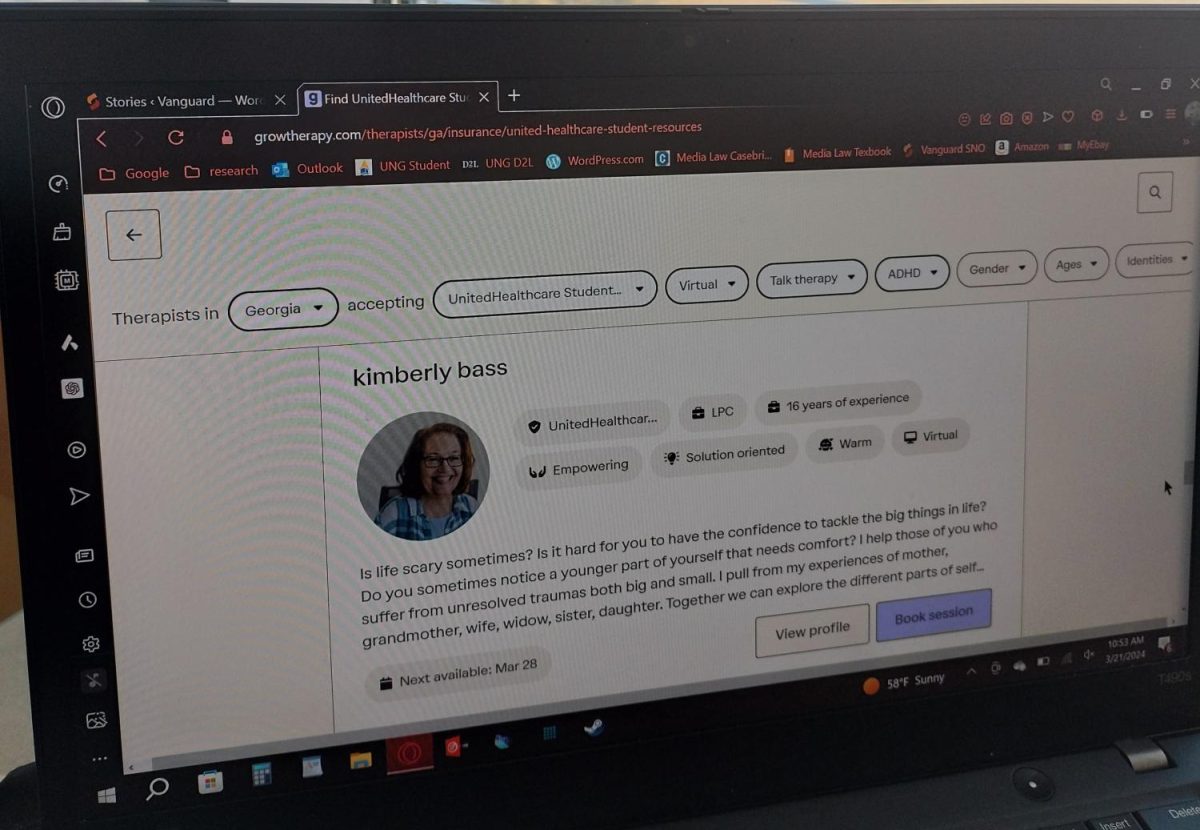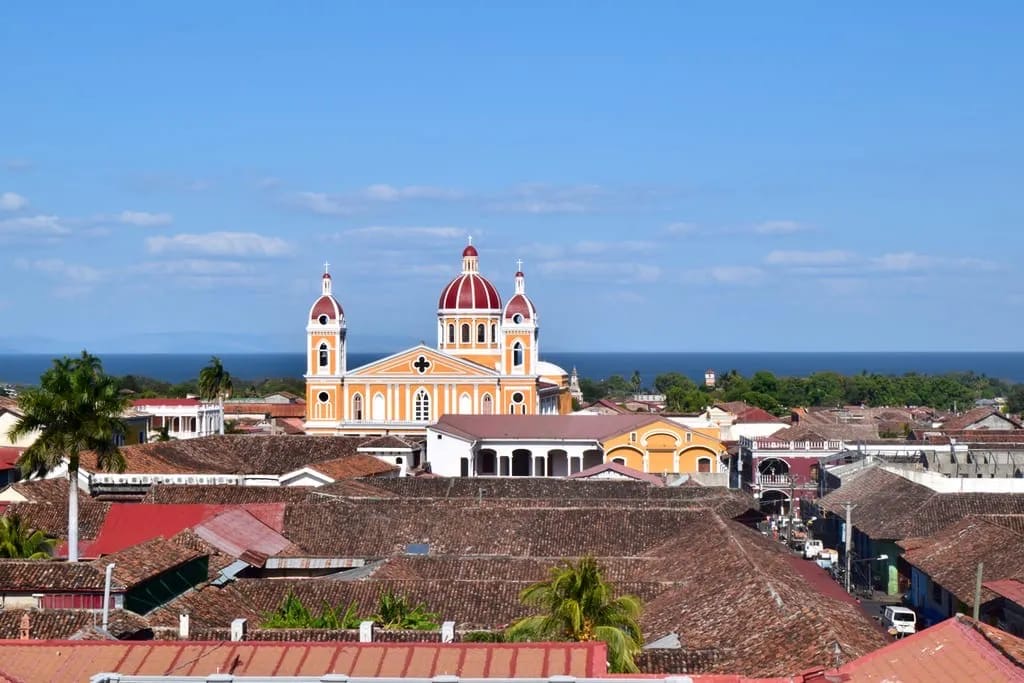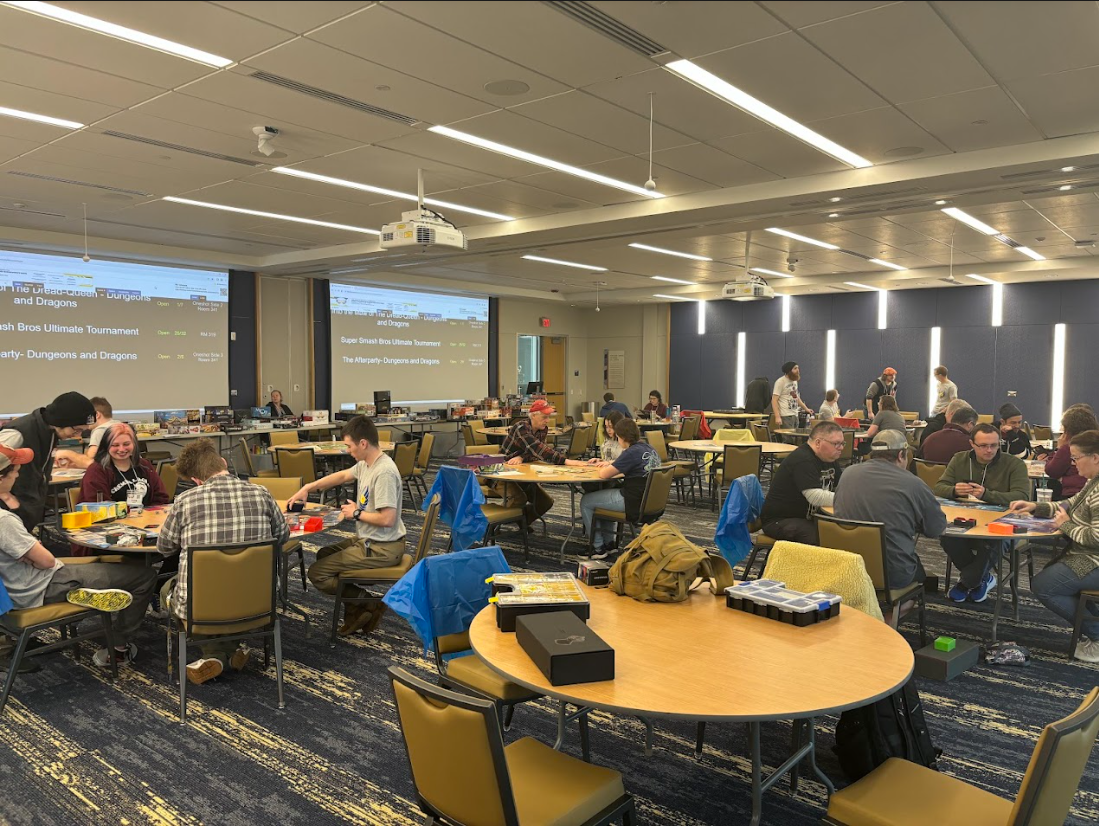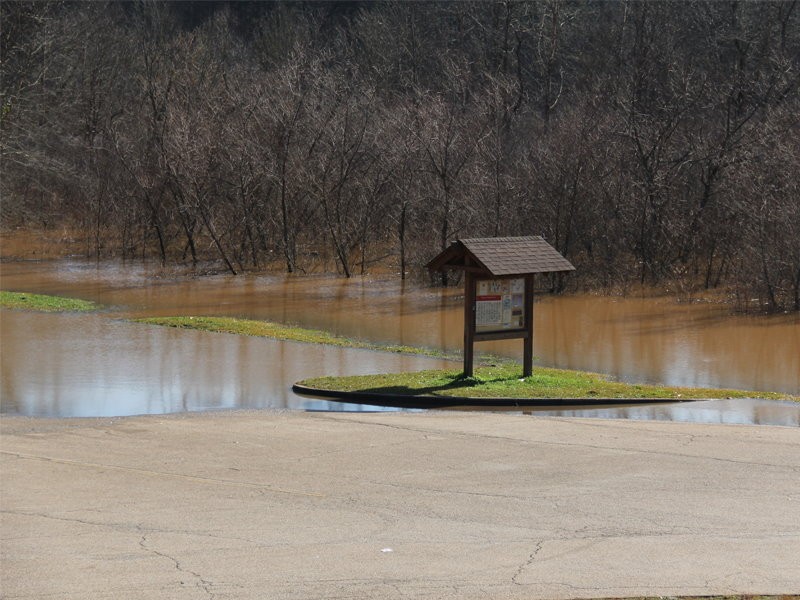On Dec. 8, 50 earthquakes struck off the coast of Oregon within 24 hours. Earthquakes can strike anywhere, any time with various levels of destruction.
The violence of an earthquake is centered around the movement of tectonic plates and how they shift. If tectonic plates, which are always shifting, shift at a constant rate, they will likely never generate enough strain and friction to cause a massive earthquake, per the United States Geological Survey. However, when plates move inconsistently, massive earthquakes occur, causing inconceivable amounts of damage.
Oregon, and the Pacific Northwest as a whole, have been on high alert for many years now due to the sobering reality that a devastating earthquake can strike at any moment.
The Pacific Northwest sits on a fault called the Cascadian Subduction Zone, which has been storing up pressure for hundreds of years. This pressure will eventually cause an earthquake that scientists estimate could reach a magnitude of 9.0 or above on the Richter Scale. An earthquake this size would cause a tsunami and likely destroy massive amounts of land in Washington, Oregon, and northern California.
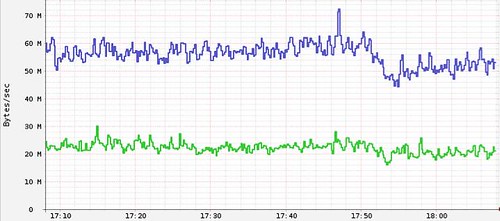
Nicholas Hegdahl, a sophomore accounting major at the University of Oregon, knows the risks and is prepared. He says, “Obviously, it sucks knowing half the state could fall into the ocean any day now, but you have to live with the risks and stay prepared for when that happens. The state government has prepared us pretty well mentally for what will happen.”
Georgia is not at a huge risk of seeing a major earthquake hit, as it does not sit on any major fault lines, but it’s not impossible. Per the Georgia Emergency Management and Homeland Security Agency, the northwest region of Georgia is more at risk of feeling a large earthquake than most of the state. This warning includes the counties surrounding the University of North Georgia.
Even small earthquakes can cause massive damage to regions that are unprepared for them. While Georgia may be more used to seeing thunderstorms and tornados, it is always worth keeping an eye and ear out for any warnings of a major disaster about to come.

